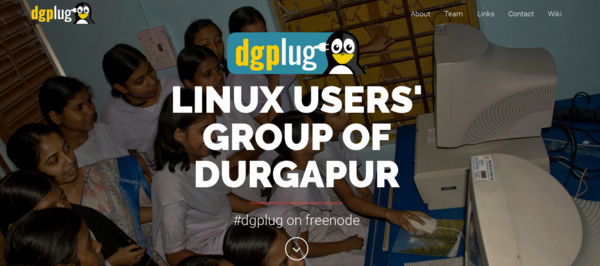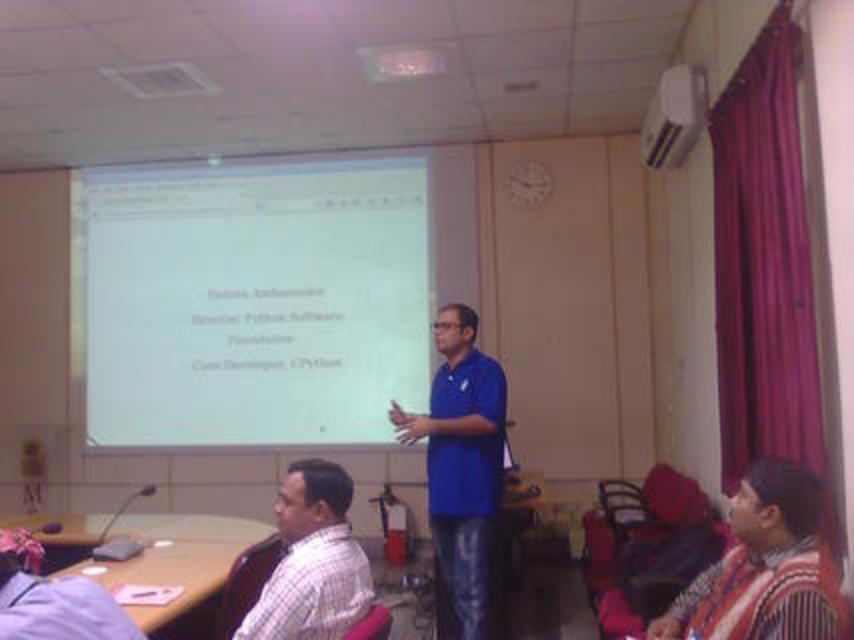
dgplug summer training 2018 will start
at 13:30 UTC, 17th June. This will be the 11th edition. Like every year, we
have modified the training based on the feedback and, of course, there will be
more experiments to try and make it better.
What happened differently in 2017?
We did not manage to get all the guest sessions mentioned, but, we moved the
guest sessions at the later stage of the training. This ensured that only the
really interested people were attending, so there was a better chance of having
an actual conversation during the sessions. As we received mostly positive
feedback on that, we are going to do the same this year.
We had much more discussions among the participants in general than in previous
years. Anwesha and I wrote an
article
about the history of the Free Software and we had a lot of discussion about the
political motivation and freedom in general during the training.
We also had an amazing detailed session on Aadhaar and how it is affecting
(read destroying) India, by Kiran
Jonnalagadda.
Beside, we started writing a new book
to introduce the participants to Linux command line. We tried to cover the
basics of Linux command line and the tools we use on a day to day basis.
Shakthi Kannan started Operation Blue
Moon where he is helping
individuals to get things done by managing their own sprints. All information
on this project can be found in the aforementioned Github link.
What are the new plans in 2018?
We are living in an era of surveillance and the people in power are trying to
hide facts from the people who are being governed. There are a number of Free
Software projects which are helping the citizens of cyberspace to resist and
bypass the blockades. This year we will focus on these applications and how one
can start contributing to the same projects in upstream. A special focus will
be given to The Tor project, both from users' and
developers' point of views.
In 2017, a lot of people asked help to start learning Go. So, this year we will
do a basic introduction to Go in the training. Though, Python will remain the
primary choice for teaching.
How to join the training?
First, join our mailing list, and then join the IRC channel #dgplug on
Freenode.

